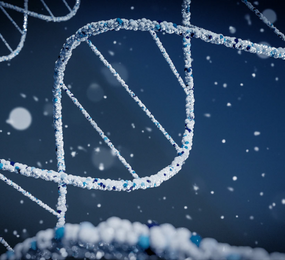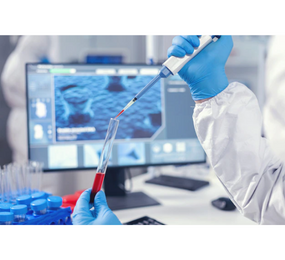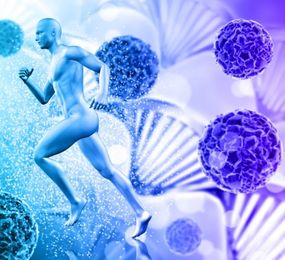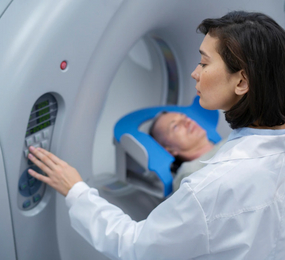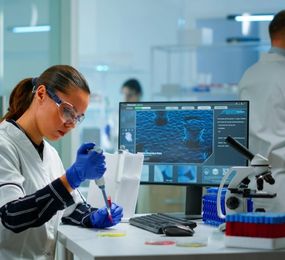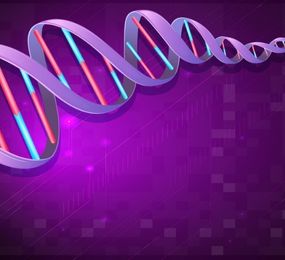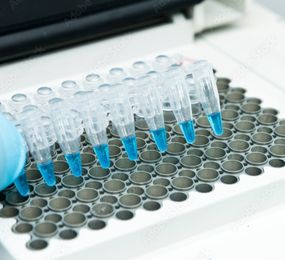Circular Economy in Bioprocessing: Reusing and Recycling Biologic Materials
The bioprocessing industry, while crucial for developing life-saving therapies, generates significant waste. Adopting a circular economy model can minimize this impact by maximizing resource utilization and minimizing waste generation.
One key strategy is waste valorization, where byproducts are repurposed into valuable products. For example, spent media can be used as a nutrient source for other microorganisms or for the production of biofuels. Cell biomass can be processed to recover valuable components like proteins or lipids.
Water reuse is another critical aspect. Wastewater generated during bioprocessing can be treated and recycled for use in subsequent production steps, reducing water consumption and minimizing environmental impact.
Furthermore, closed-loop systems can be implemented to minimize the release of chemicals and solvents into the environment. By optimizing process design and implementing advanced technologies, it is possible to minimize waste generation and maximize resource efficiency.
Challenges remain, such as the economic feasibility of waste valorization technologies and the need for robust regulatory frameworks to support the circular economy in bioprocessing. However, by embracing these principles, the biopharmaceutical industry can move towards a more sustainable future, minimizing its environmental footprint while ensuring the continued development of life-saving therapies.
Visit our website to know more: https://www.leadventgrp.com/events/2nd-annual-bioprocessing-and-biologics-forum/details
For more information and group participation, contact us: [email protected]
Leadvent Group - Industry Leading Events for Business Leaders!
www.leadventgrp.com| [email protected]


